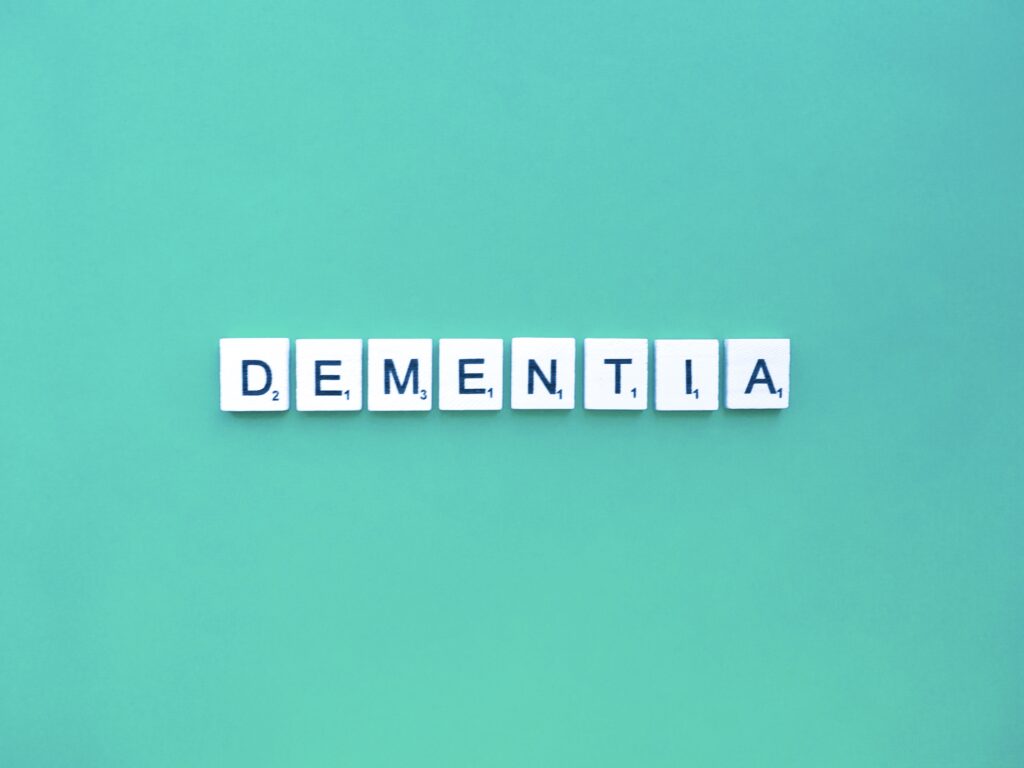Alcohol abuse has a profound impact on both physical and mental health, and one of the severe consequences of chronic alcoholism is alcoholic dementia. Also known as alcohol-related dementia or alcohol-induced persisting amnestic disorder, this condition is characterized by cognitive decline and memory impairment. In this blog, we will explore the early signs of alcoholic dementia, the risk factors involved, and the importance of seeking timely medical attention for affected individuals.
Understanding Alcoholic Dementia
Alcoholic dementia is a form of neurocognitive disorder that results from long-term and excessive alcohol consumption. Chronic alcohol abuse can lead to nutritional deficiencies, liver damage, and changes in brain structure, affecting memory, judgment, and cognitive function. It’s important to note that not all heavy drinkers will develop alcoholic dementia, but the risk significantly increases with prolonged alcohol abuse.
Early Signs of Alcoholic Dementia
- Memory Loss: One of the most common early signs of alcoholic dementia is short-term memory loss. Individuals may have difficulty remembering recent events, conversations, or important appointments.
- Impaired Judgment: People affected by alcoholic dementia may exhibit poor decision-making abilities and struggle to assess potential consequences of their actions.
- Disorientation and Confusion: Feeling disoriented, lost, or confused in familiar environments is another early indicator. They might have trouble recognizing familiar faces or places.
- Difficulty Concentrating: Individuals with alcoholic dementia may have difficulty focusing on tasks, maintaining attention, and following conversations or instructions.
- Mood Swings: Rapid and unexplained changes in mood, such as becoming irritable, agitated, or emotionally labile, can be observed in those developing alcoholic dementia.
- Difficulty in Problem-Solving: Alcoholic dementia can impair problem-solving abilities, making it challenging to navigate simple everyday tasks.
- Impaired Motor Skills: Coordination and motor skills may be affected, leading to stumbling, tremors, or difficulty with fine motor movements.
- Neglect of Personal Hygiene: Individuals with alcoholic dementia might neglect personal hygiene and self-care, leading to a decline in appearance and overall health.
Risk Factors
Several factors can contribute to an increased risk of developing alcoholic dementia:
- Quantity and Duration of Alcohol Consumption: The more alcohol consumed over an extended period, the higher the risk of alcoholic dementia.
- Genetic Predisposition: Genetic factors may make some individuals more susceptible to the neurological effects of alcohol abuse.
- Coexisting Health Conditions: Concurrent liver disease, malnutrition, and vitamin deficiencies can exacerbate the impact of alcohol on the brain.
- Age and Gender: Older individuals and men appear to be at a higher risk of developing alcoholic dementia.
- Binge Drinking: Repeated episodes of binge drinking can significantly contribute to cognitive impairment and memory loss.
The Importance of Seeking Timely Medical Attention
Recognizing the early signs of alcoholic dementia is crucial for taking prompt action and seeking medical attention. If you or someone you know is exhibiting these symptoms and has a history of heavy alcohol consumption, it’s essential to consult a healthcare professional for a comprehensive assessment. Early intervention can slow down the progression of the condition, improve the quality of life, and help implement strategies to manage the symptoms effectively.
Treatment and Management
While there is no specific cure for alcoholic dementia, several interventions can help manage the condition and enhance the overall well-being of affected individuals:
- Alcohol Abstinence: The primary step in managing alcoholic dementia is to stop alcohol consumption completely.
- Nutrition and Vitamin Supplements: A balanced diet and vitamin supplements, especially B-complex vitamins, can address nutritional deficiencies associated with alcohol abuse.
- Cognitive Rehabilitation: Cognitive training and rehabilitation programs can help improve memory and cognitive function to some extent.
- Medication: In certain cases, medications may be prescribed to manage specific symptoms like depression, anxiety, or sleep disturbances.
- Supportive Care: Emotional support from family, friends, or support groups can significantly benefit those living with alcoholic dementia.
- Home Safety Measures: Making the living environment safe and supportive can prevent accidents and reduce the risk of injury.
Alcoholic dementia is a serious consequence of chronic alcohol abuse, and recognizing its early signs is vital for timely intervention and management. Memory loss, impaired judgment, and mood swings are among the common early indicators. Seeking medical attention promptly can lead to appropriate treatment, improve the quality of life, and slow down the progression of the condition. Additionally, promoting awareness about the risks of alcohol abuse and seeking help for those struggling with addiction can contribute to a healthier and happier community.







